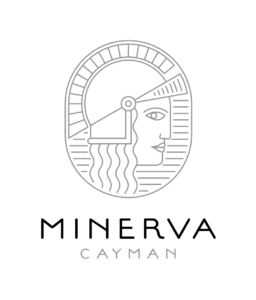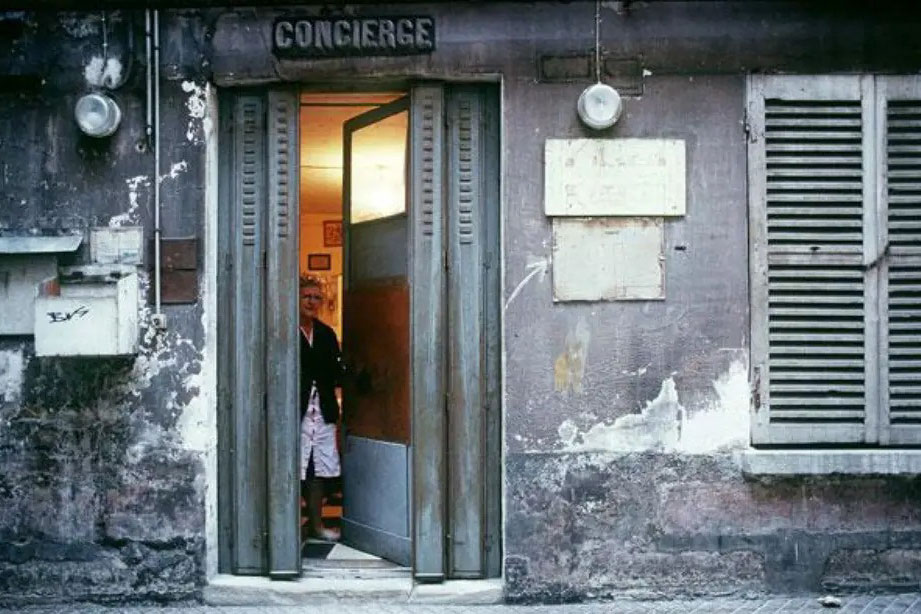
When you think about a concierge, what comes to mind depends on where you come from. Americans think of a concierge as a personal assistant while French people think of a bedraggled woman loitering outside a building with a mop, smudged lipstick and a cigarette. A British person might think of turning up at the desk of a five-star hotel, where restaurants and other salubrious addresses are circled on a map by a man in a waistcoat.
The Cambridge Dictionary defines a concierge as someone who is employed in a hotel, private club or similar place to help guests with anything they need, such as arranging trips or theatre tickets. It would seem in line with some of the activities of Minerva Private, which supplies high quality services to busy high performers, but ‘concierge’ is not our preferred term. In fact, we believe that ‘concierge’ is demeaning, insulting and connotes unethical and anachronistic practices.
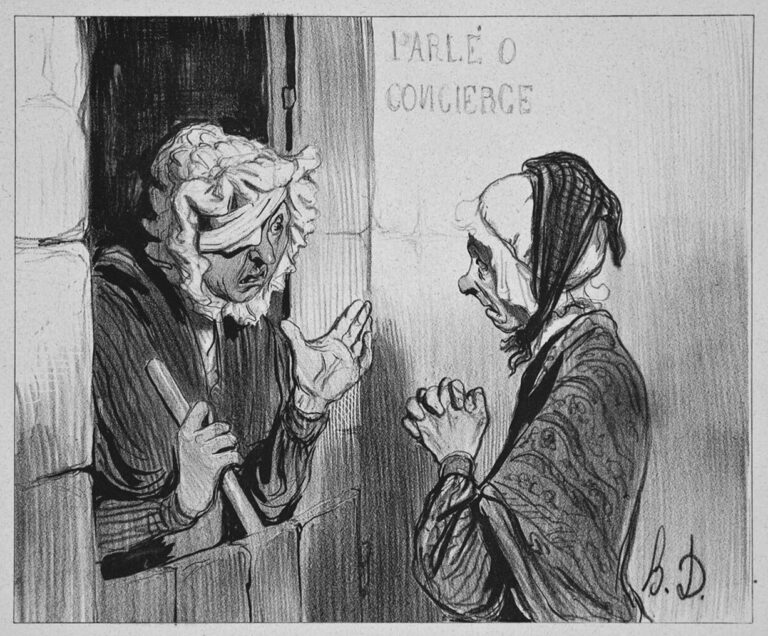
Etymology of the term
The word concierge denotes the warden of a home, castle, prison or palace and is most probably derived from the mid-16th century French noun cumcerges. This in turn relates to the medieval Latin noun, consergius, meaning ‘fellow slave’. While this is clearly not the primary meaning of the term, the origin of this word brings historical, social and cultural connotations that we at Minerva Private think is not us, or ‘non-M’, as we say at the office.
What separates Minerva Private from concierge companies?
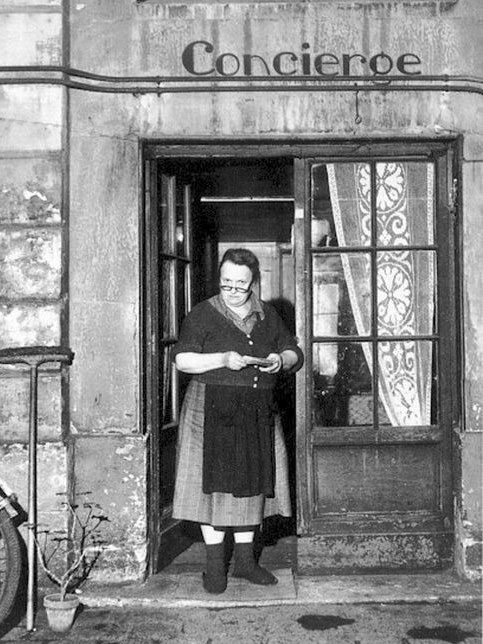
First, the master/slave power dynamic is an immensely challenging relationship from humanitarian and ethical perspectives and gives rise, quite possibly, to the biggest social, political and philosophical issue of our times. As we have seen in Europe and North America, many societies are now having to face up to the source of their wealth, power and privilege and to come clean about the practices which secured all those advantages and to consider all the lives that were harmed (often across multiple generations) through those practices. But this is not just a backward-looking exercise – modern slavery is rife in many countries and contexts today, hence the modern slavery statements which are to be found in the website of any responsible organisation. Minerva Private has very clear views about this issue and the indiscriminate and unreflective use of the term concierge therefore sits uneasily with us.
Secondly, the master/slave dynamic is one that Minerva Private is actively trying to reverse. Through the Minerva Academy, Minerva Private is engaged in empowering individuals by giving them skills and by professionalising the work that they do in a household. Further, by giving them skills and a certificate which attests to their knowledge and competency, we make them more employable and thereby give them the freedom to join and participate more fully in the international market for jobs. We respect people and we are helping them to forge their own destinies through education not seeking to keep people down in a position of servitude.
Lastly, as a business, Minerva Private never wants to be a slave to its clients. Rather, Minerva Private strives for a relationship which is closer to a partnership, a relationship where our attentive and talented staff are free to add value, to anticipate the needs of our clients (needs which sometimes they themselves perhaps do not even know they have), to provide counsel and guidance rather than slavishly to follow orders to the letter without understanding the bigger picture. Minerva Private always seeks to interact and work with clients in a relationship of mutual respect and openness; that is not possible in a master-slave relationship. We all know that mutual respect and openness leads to greater benefit and value for both parties – that is how we work and how we are able to deliver greater benefit for our clients.
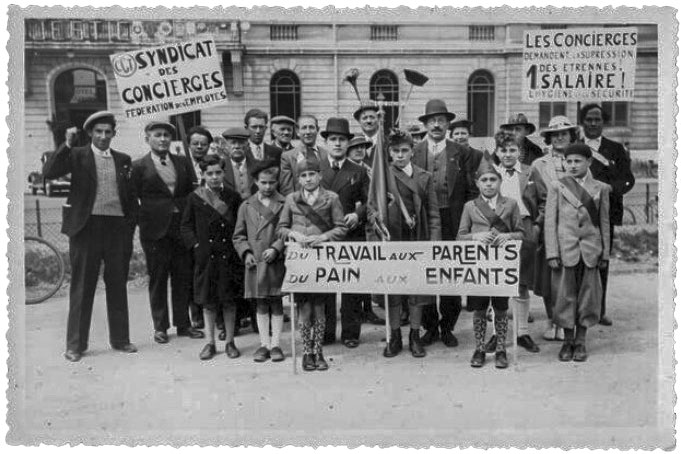
Final thoughts on terminology
We have given the logic which explains why you won’t find the term ‘concierge’ peppered all across our internet site and why it only crosses our lips as a last resort when explaining what we do. Using the term inadvertently brings associations with values and relationship structures that Minerva Private does not foster or promote and from which we at Minerva Private try to distance ourselves and in fact try to reverse. Instead, we prefer to style ourselves as 21st century butlers, a position which is in fact more closely associated with other titles such as majordomo, house manager, staff manager, chief of staff, staff captain and estate manager, among others. These titles all seem much more in keeping with our skill set and the relationship of mutual support and partnership which we enjoy and always seek to nurture with our clients.
Ask our clients and they will confirm that ‘21st century butlers’ is M but ‘concierge’ is definitely non-M.
